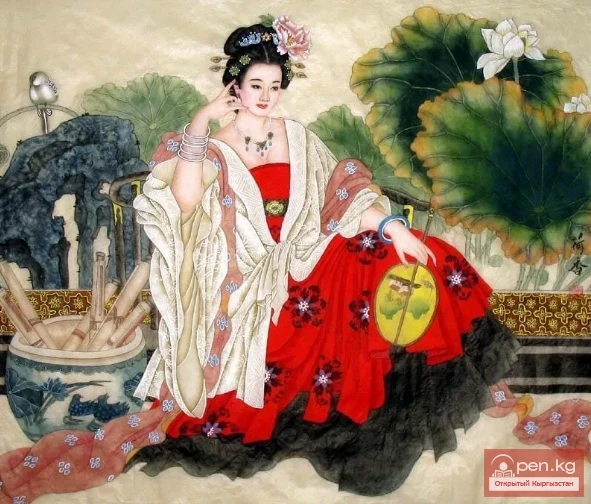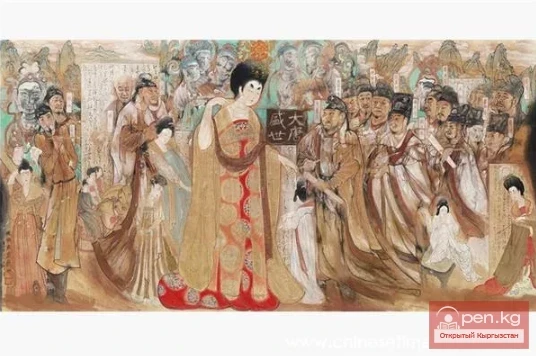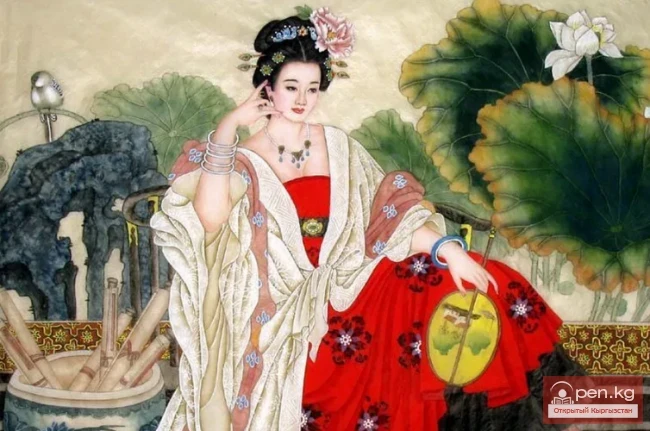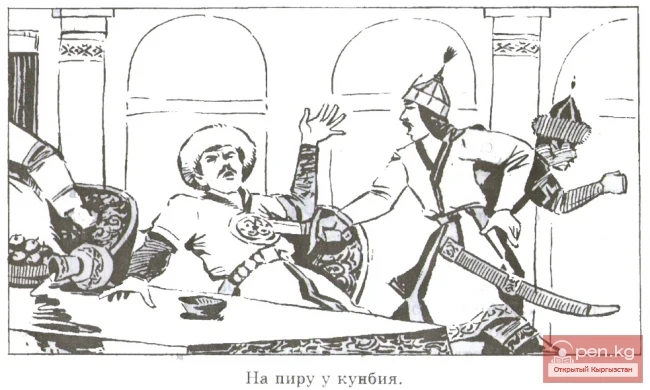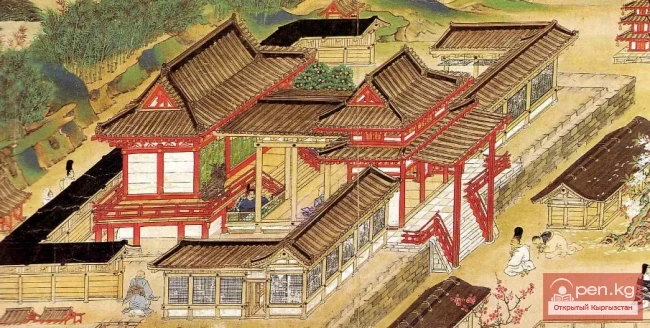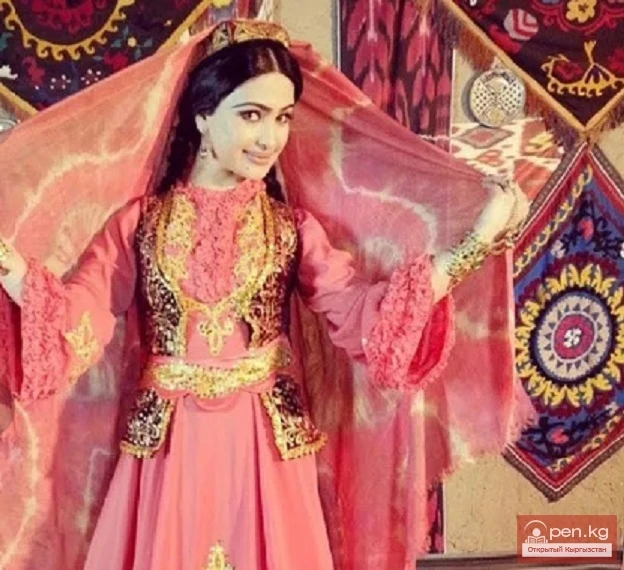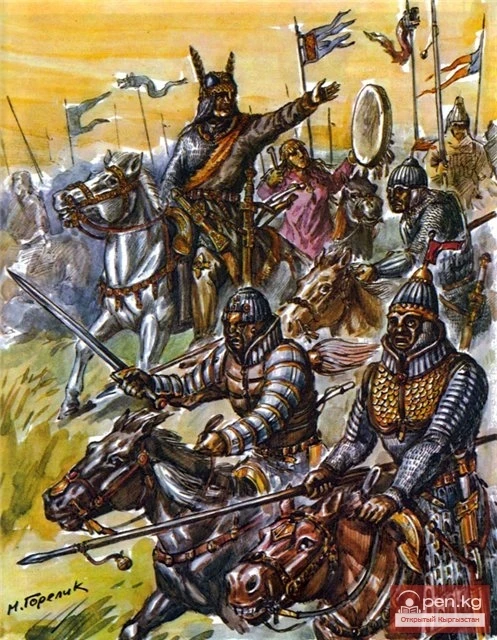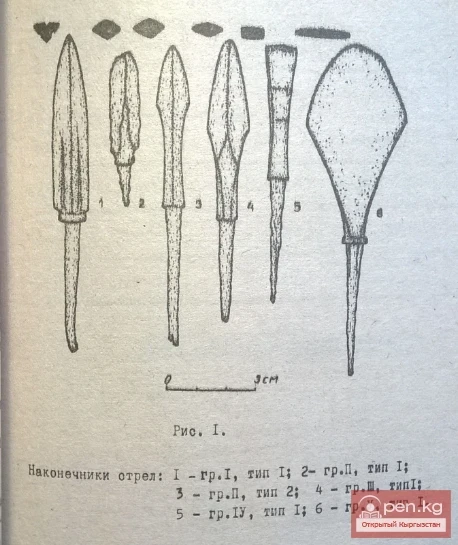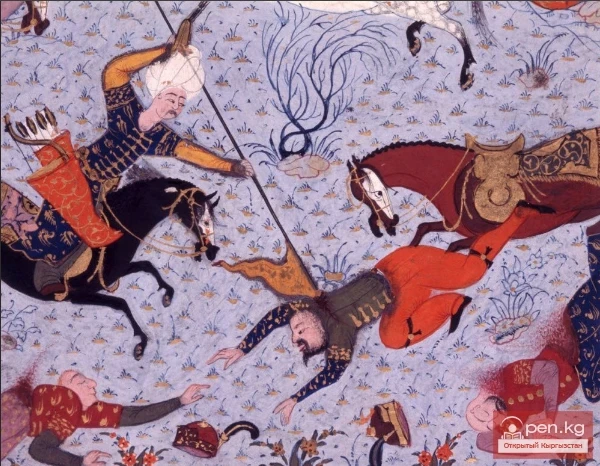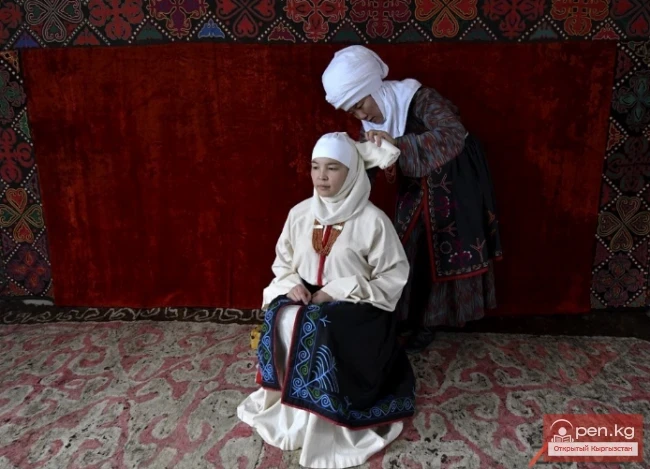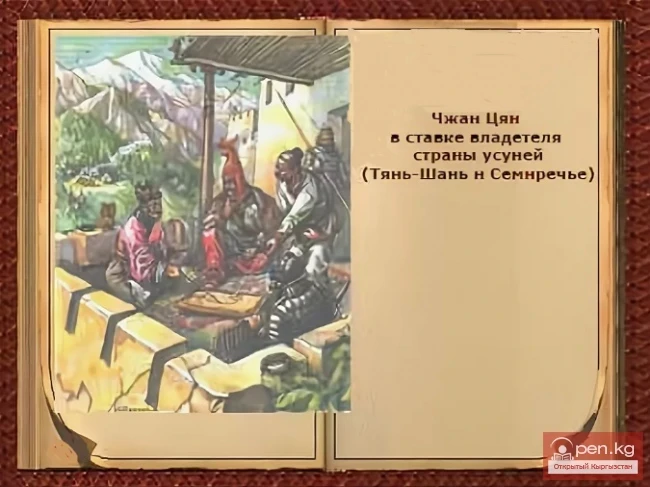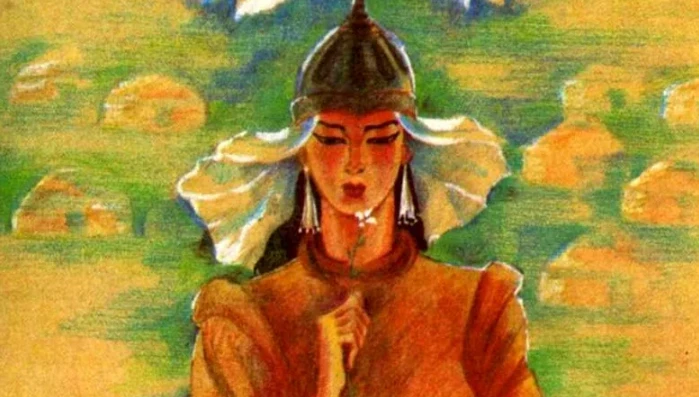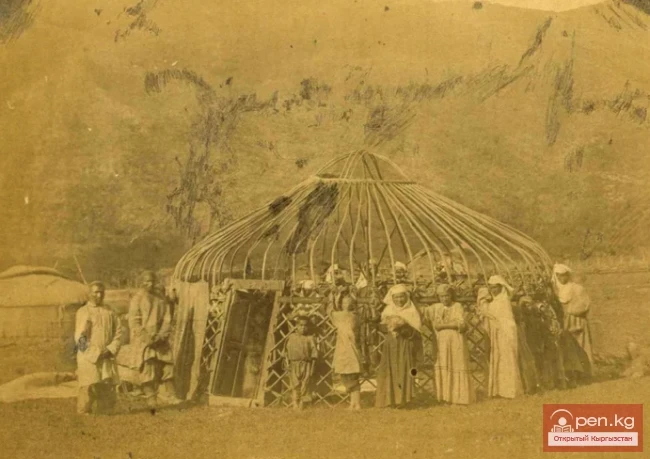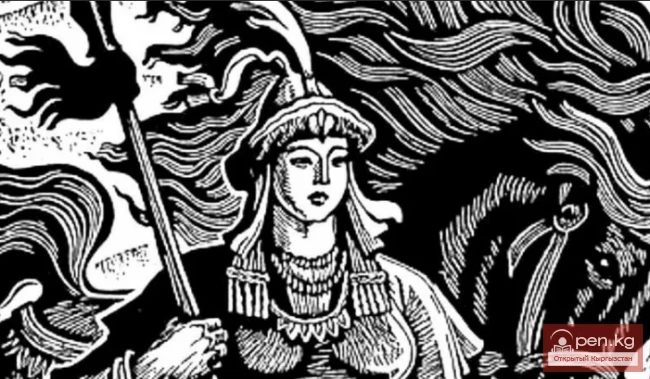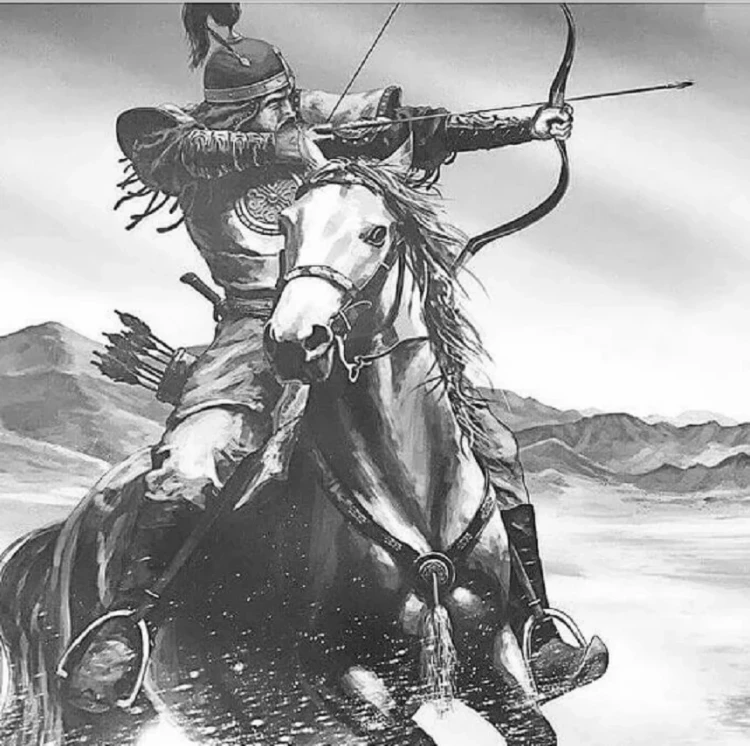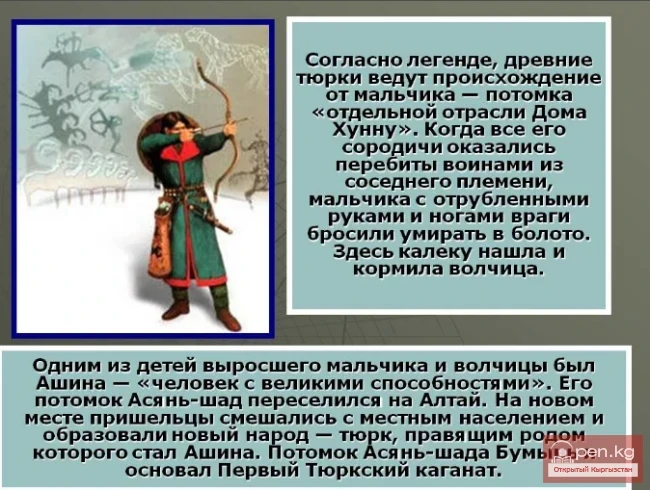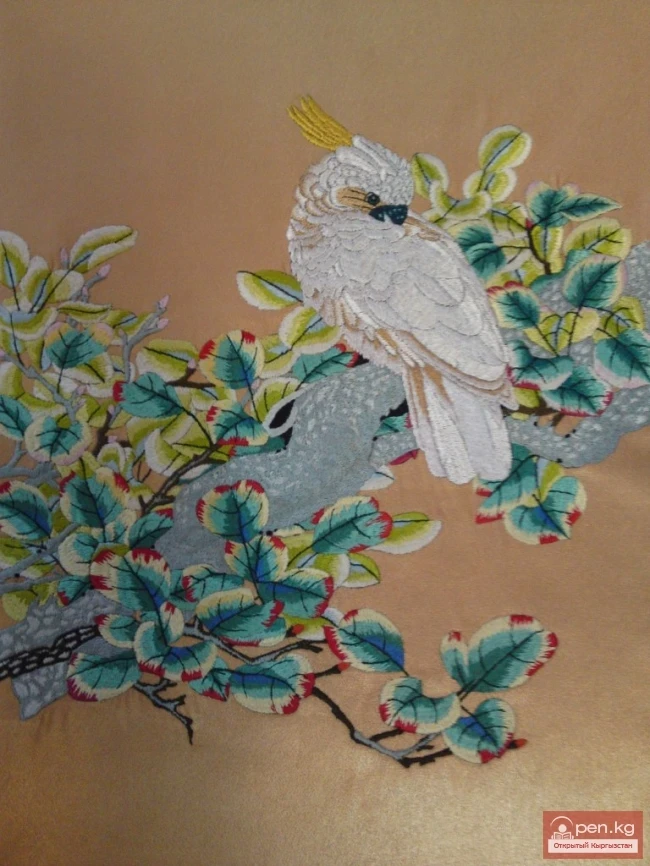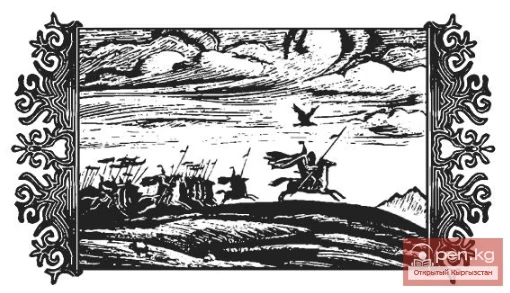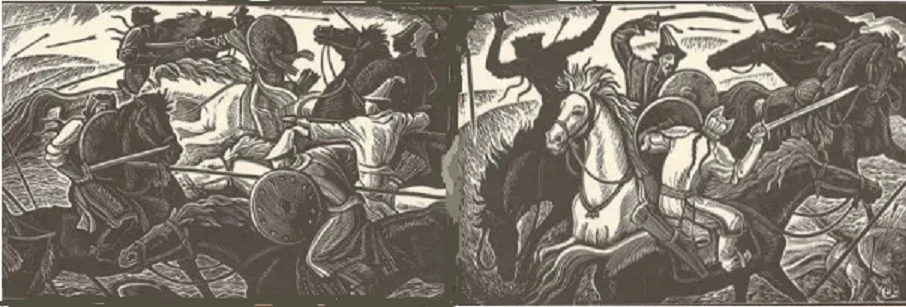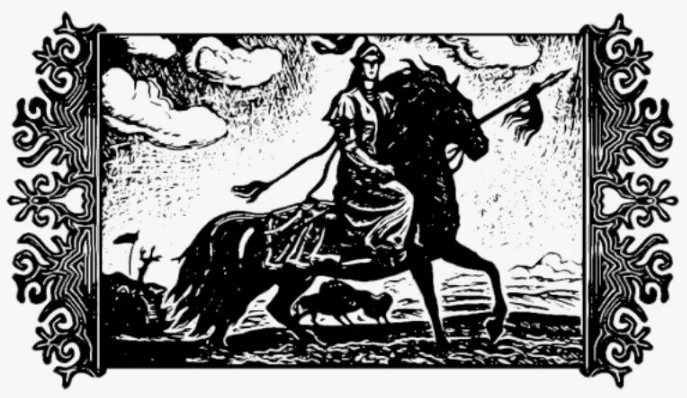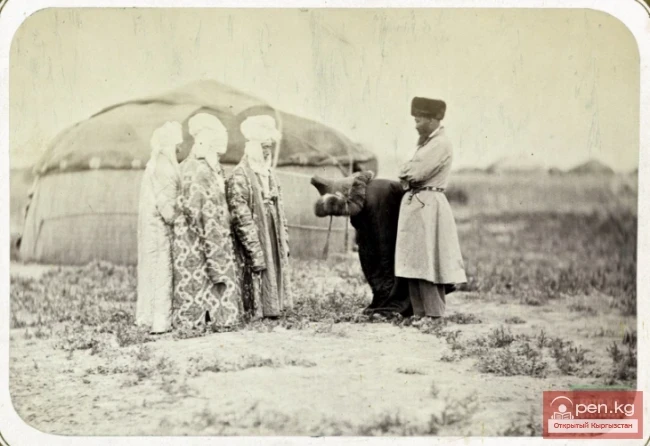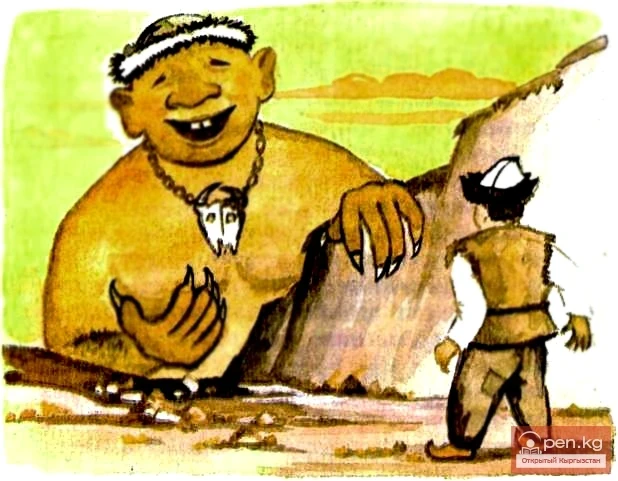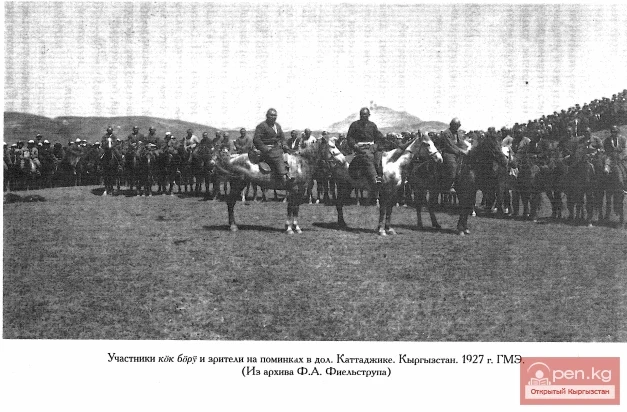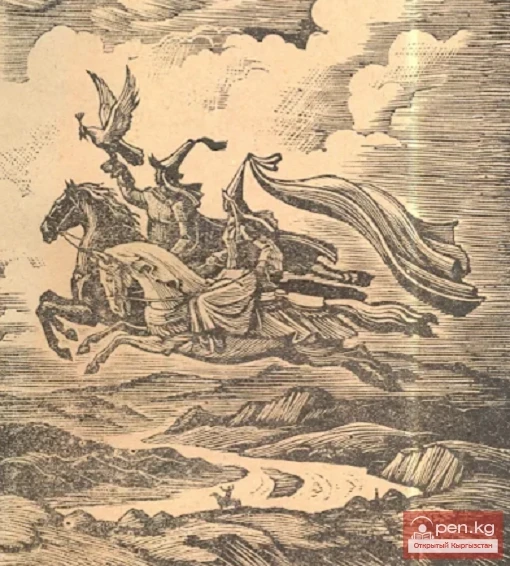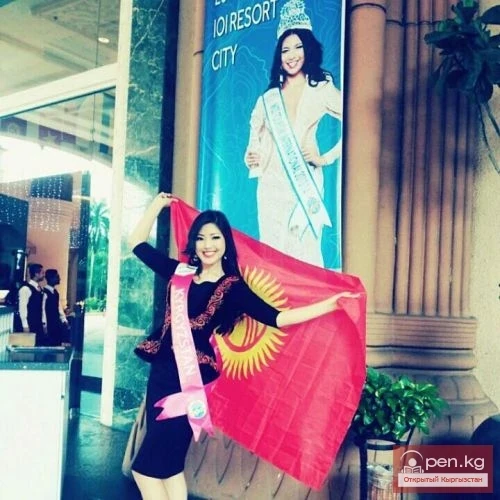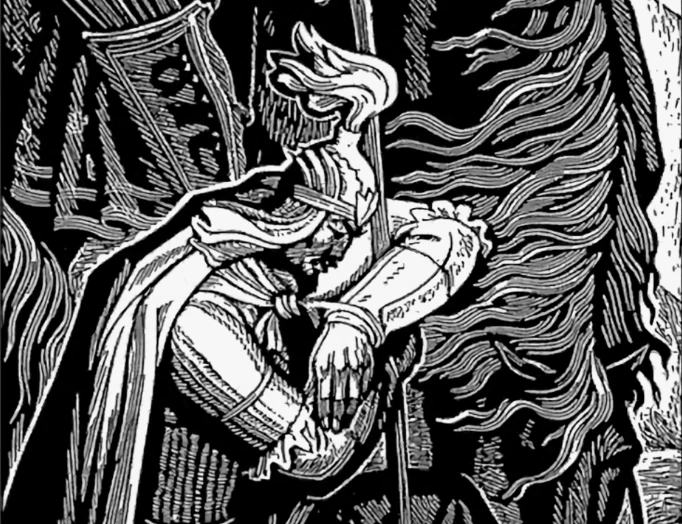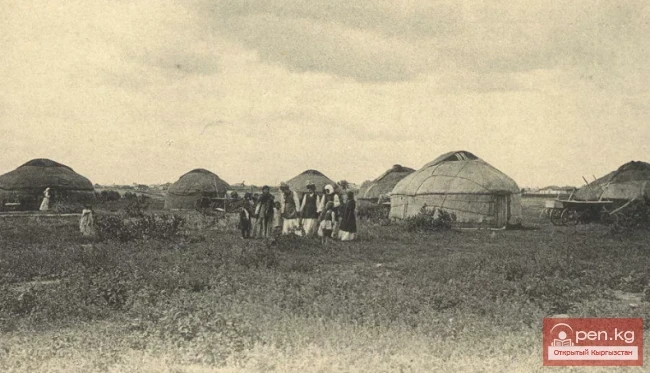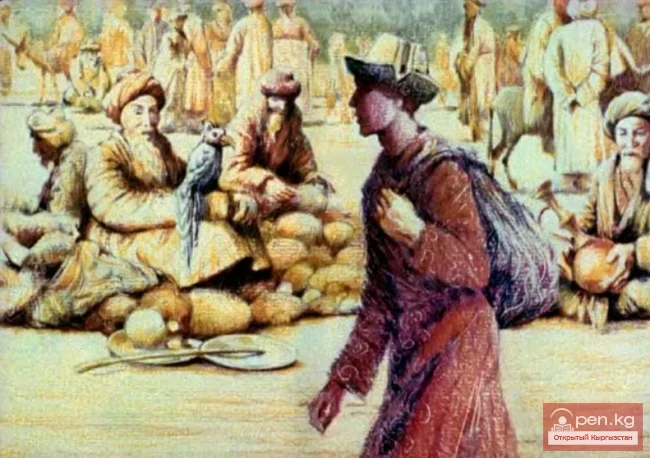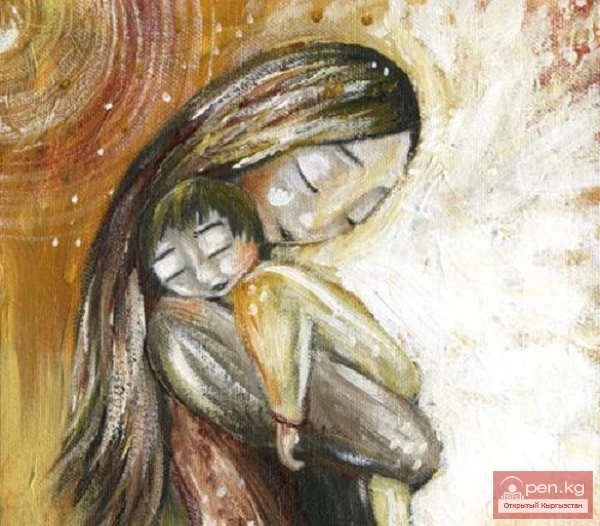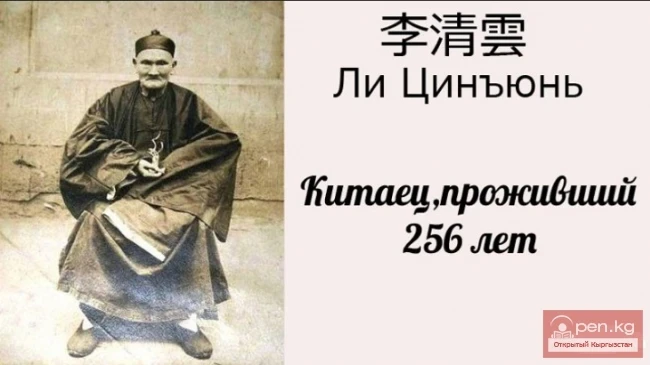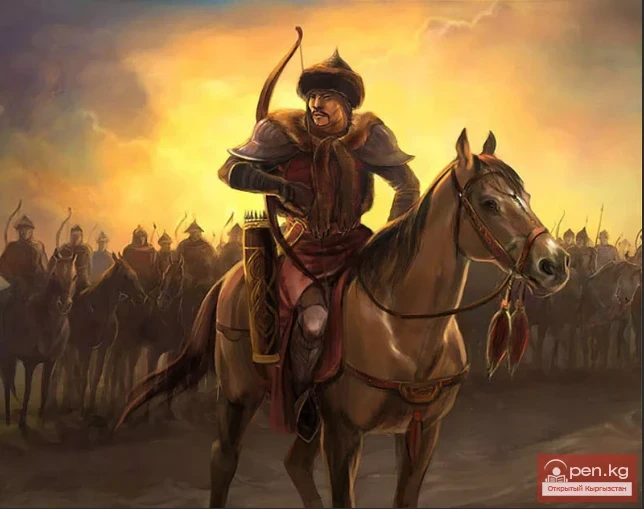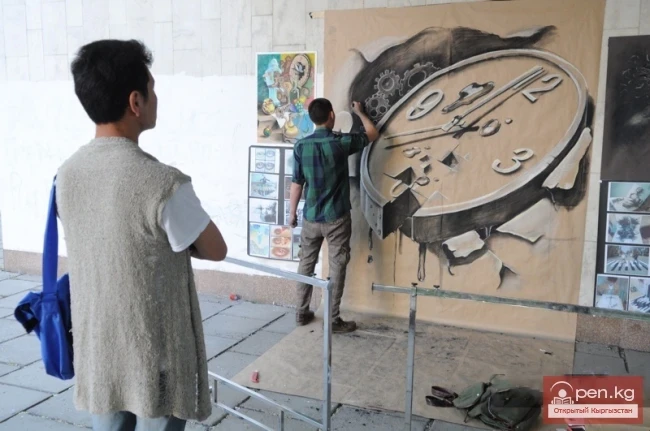
After the Marriage
On the day of the wedding, the city was filled with people. And when night fell, in honor of the high-profile couple, thousands of fiery birds soared into the sky. The famous Usun warriors, wrapping the tips of their arrows with burning tow, shot them into the starry darkness one after another. A magnificent sight! The princess had never seen anything like it even in Chang'an.
It seemed as if the starry rain had suddenly defied the laws of the universe and instead of falling, it first ascended upwards in a sparkling cascading display—from the sinful earth to the palaces of the deities—to announce to them the great celebration of the union of the West with the East!
It was fortunate that the arrows flew diagonally and fell into the wasteland beyond the city walls. Otherwise, that night, Chingucheng with its thatched roofs and felt huts would have burned to the ground.
Let us not describe the solemnity of the wedding ceremony. We will only say that the kunbag himself placed a string of wonderful beads around the neck of the bride, who, following Han custom, was dressed in red—the color of joy.
But sadness lurked in her eyes.
The princess was struck by a cruel disappointment. Her ambitious hopes were not destined to come true. She imagined her future husband as an old widower, unwashed, unkempt, like all nomads. She was already preparing to sacrifice herself to warm his uncomfortable old age. And at the same time, to rule the country like Empress Gao-hou, the widow of Gaozu, the founder of the Han dynasty. For how could it be permissible for a decrepit husband not to fulfill the whims of his young beautiful wife?
Reality turned out to be completely different.
Firstly, the gunmo (as the Chinese woman pronounced the title of kunbag) was old, but by no means decrepit. True, the merciless plowman—Time—had passed over his face, leaving deep furrows. But his strangely blue eyes beneath bushy eyebrows looked piercingly clear and showed no signs of murky old age.
And when during the feast he removed his fur jacket and shirt, leaving only in a sleeveless vest, the princess involuntarily marveled at the sight of his muscles: powerful, strong arms, seemingly belonging to an entirely different person. She had seen such arms on wrestlers who performed in the old palace of Afan, built by Emperor Qin Shi Huang.
An amazing man: old age and youth coexisted in one vessel.
But women easily cope with such disappointments. The trouble lay elsewhere. The gunmo already had a wife—a hefty, well-built woman (though young), the daughter of a powerful ruler of the Huns. And this wife was considered the elder.
Thus, the Lotus Flower was destined to play the role of a second wife, a meaningless sweet toy.
The lord, it turns out, had many wives over his long life. From them, he had a whole brood of sons and grandsons. Two eldest sons were considered junior kunbags: each governed a third of the people. In such conditions, there was no question of power or influence over the Horde.
For several months, the princess was beside herself. Everything she saw, heard, and felt irritated her. The coarse speech and piercing cries of the shepherds, the eternal bleating of sheep, so senseless. These herds of horses, numbering in the thousands: when they galloped with flowing manes across the valley, the earth trembled.
Instead of the shady parks of Chang'an—bare steppe, surrounded by a wall of mountains; blocking the horizon. Instead of palaces—mud-brick houses of poor farmers and shabby gardens, where apricots, plums, walnuts, and some other fruit trees unknown to her grew. And felt, felt, felt huts...
Having grown up in imperial chambers, among elegant trinkets, in beautifully decorated rooms filled with the aroma of precious incense, she now lived in a huge tent set up especially for her. She slept behind a curtain, on a pile of camel blankets. Her favorite maidens, taken from Chang'an, did their best to decorate the bed, draping the rough, foul-smelling felt walls with silk fabrics woven with dragons, and perfumed the air with aromatic smoke...
And what was she forced to digest with her delicate stomach? The exquisite palace dishes were replaced by boiled or roasted meat over a fire and mare's milk. These miserable dishes, suitable only for peasants, were persistently offered to her by the good-natured (as she found out) and simple-minded (as she thought) old husband!
True, he was kind in his own way and even gifted her a whole box of precious musk. In vain! The princess fell into a severe depression. Everything here was not for her. This was a different way of life. She felt as if she had entered the domain of the prince of hell, Yanluo.
And the only outlet—so as not to suffocate—became poetic exercises. She poured out the pain of her soul onto bamboo slips. And carefully hid them in a precious jade box, although no nomad, including the gunmo, could read the hieroglyphs...
Her poems have reached us...
The Bride of Kunbag. Part - 2. Arrival
